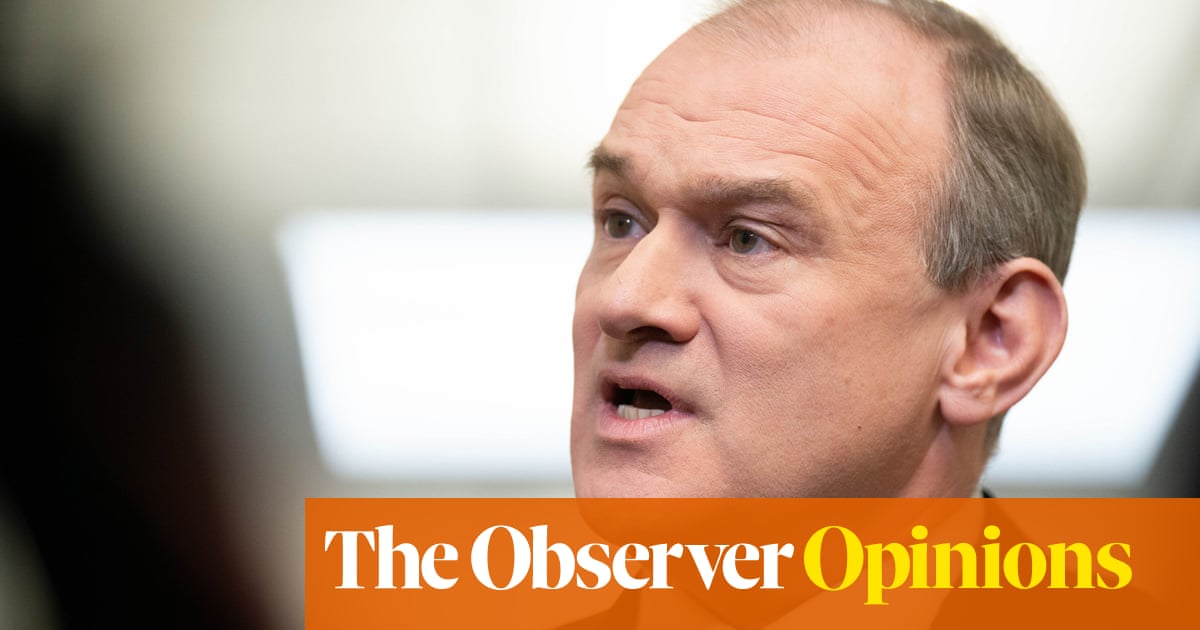
Things are not the same as they were before the pandemic. We have a new highly transmissible disease in our midst and we can’t expect that doing the same thing as before coronavirus will lead to the same results.
Jacob Rees-Mogg, the minister for government efficiency, has written to all secretaries of state asking them to encourage civil servants in their departments back into the workplace: “Now that we are learning to live with Covid and have lifted all legal restrictions in England, we must continue to accelerate the return of civil servants to office buildings to realise the benefits of face-to-face, collaborative working and the wider benefits for the economy.”
It’s understood that full capacity doesn’t mean all civil servants returning to work in person, apparently due to the lack of space in Whitehall offices, but secretaries have been urged “to issue a clear message to civil servants” to return to the office so that departments can “run at full capacity”.
This blanket edict comes in direct contradiction to a report from the Institute for Government thinktank. Reducing hybrid working opportunities, it suggests, will mean the government struggles to achieve its goals of competing with the private sector to recruit its preferred candidates for civil service positions, relocating centres of civil service away from the capital and reducing the size of its estate.
Perhaps more pertinently, encouraging people unnecessarily into crowded work environments is not a good strategy for controlling Covid transmission, especially when rates are already extremely high, as they are now. The phrase “learning to live with Covid”, as used by Rees-Mogg, has become a byword among government ministers for removing all Covid mitigations and returning to pre-pandemic practices. But things are not the same as they were before.
As we have seen over the past few weeks, the “return to normal” has been accompanied by large-scale disruption to schools and businesses due to infections and reinfections. The NHS is once again under extreme pressure. Years of austerity combined with Covid has brought the service to its knees. Waiting lists in England for routine care are at record highs. In the longer term we should expect millions of people to catch Covid each year resulting in a population that is generally less healthy both from the burden of infection and the long-term consequences of the virus. The regressive move of forcing people back into busy workplaces can only be expected to exacerbate our Covid problems.
Taking away the tools that mitigate the spread of Covid – free testing, supported isolation, mask mandates and flexible working – or the tools that help us monitor the situation (the Zoe symptom tracker study and the React-1 survey) won’t ameliorate the UK’s Covid situation, but only make it worse. It smacks of a government that is desperate to put the pandemic behind it by simply ignoring what is happening.
Instead, we should be increasing basic public health measures such as contact tracing, testing and surveillance, rather than scaling them back. We should improve public health communication so people understand how best to protect themselves and their communities. We should be instituting mandatory criteria for the quality of indoor air by improving ventilation, filtration and sterilisation, as well as encouraging people to wear high-grade masks in indoor public settings. If, as seems likely, the government is going to accept the huge disease burden that Covid poses, then, at the very least, we must address the chronic underfunding facing the NHS. Capacity must be scaled up and additional resources funnelled to primary care alongside the integration of sustainable plans for social care.
Unfortunately, it turns out that Covid is a problem you can only tackle head on. Closing your eyes and hoping for the best doesn’t work. Nor does declaring the pandemic over, as former health secretary Matt Hancock has done. No matter how loudly the government protests, the virus won’t listen.
Kit Yates is director of the Centre for Mathematical Biology at the University of Bath and author of The Maths of Life and Death












